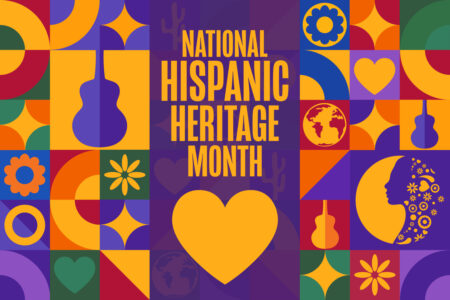
Share On Social!
We know “food swamps” are linked to obesity.
We also know Latinos often live in food swamps─where people lack access to healthy foods and have lots of nutrition-poor food options. For example, many Latino neighborhoods lack supermarkets but have abundant fast-food, according to a Salud America! Research Review.
Now a recent study shows how Latina mothers deal with life in food swamps.
Latina Moms & Food Swamps
The George Washington University study sought to understand how mothers who lived in Washington, D.C., food swamps feed their children.
The mothers were Latina and had been in the Unites States for less than 15 years. Each mother had at least one child younger than 10.

Latina mothers valued foods that they considered to be traditional and healthy, according to study findings. Traditional foods were “country of origin” dishes, such as soups, dishes with rice, tortillas, cheese, and eggs. The mothers’ shopping habits were guided by looking for these specific foods that were of good quality and affordable.
Child preferences also greatly influenced mothers’ food choice, especially those who wanted to avoid conflicts caused by the child’s preference.
“The neighbourhood food environment could directly influence children’s food preferences and often created conflict between what the child wanted to eat and the foods that mothers valued,” according to the researchers.
Why Do These Types Of Studies Matter?
Latinos are the largest minority ethnic group in the United States.
Furthermore, as both food swamps and food deserts are prominent in areas populated by Latinos, the lack of heathier food options may be contributing to rising Latino childhood obesity rates.
The results of this study contribute to the growing literature on how food shopping decisions as well as the complexity of the physical food environment and other factors influence overall health.
These studies are increasingly important due to the fact that these rates will lead to devastating consequences such as decreased quality of life and increased mortality and healthcare costs related to preventable diseases such as heart disease, diabetes, and cancer.
Perhaps most importantly, the recent study indicates that Latina mothers want to get involved.
“Mothers in this ‘food swamp’ would like to be engaged in addressing the selection of foods offered in schools and in neighbourhood food venues to reflect the foods that they value,” according to the researchers.
By The Numbers
142
Percent
Expected rise in Latino cancer cases in coming years



